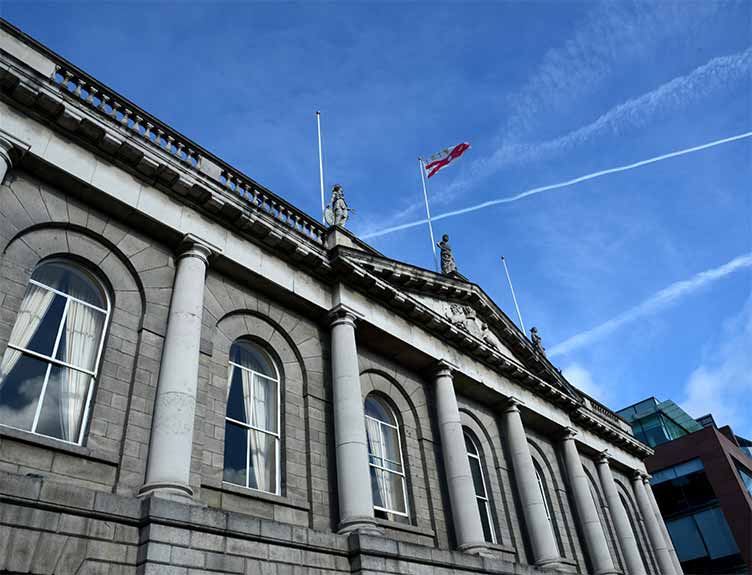RCSI Chair in Global Surgery to deliver Kapuscinski Development Lecture on surgery, poverty and international development
Professor Mark Shrime, O'Brien Chair in Global Surgery at RCSI, will address the complex issues around surgery, poverty and international development during a special Kapuscinski Development Lecture on 1 November.
Five billion people around the world cannot access surgical care when they need it, and 81 million people are driven into financial catastrophe every year by the costs of getting surgery. In a lecture entitled 'Cured into destitution: Surgery, poverty, and international development', Professor Shrime will explore the complex and multi-directional interplay between surgical care, poverty and inequity, and will discuss the role that strengthening surgical systems can have in international development.
Professor Shrime joined RCSI as O'Brien Chair of Global Surgery in 2020. A co-author on the Lancet Commission on Global Surgery, Professor Shrime leads the university's Institute of Global Surgery in its work to address the provision of surgical care in low- and middle-income countries. Professor Shrime joined RCSI from Harvard Medical School where he was Director of the Center for Global Surgery Evaluation.
The Kapuscinski Development Lectures give top global thinkers a platform to discuss development in the European Union and beyond. The lectures honour the name of Kapuscinski, a Polish journalist and writer, who died in 2007. Kapuscinski, whose books were translated into many languages, was often named the "Third World Chronicler" or "Voice of the Poor" for his famous reportages and books describing developing countries on all continents.
The lecture series offers students from European Union member states an opportunity to learn and discuss about development issues such as climate change, human rights, aid effectiveness, Europe-Africa relations and Sustainable Development Goals, among others. The high-level events also contribute to the debate and formulation of the European development policy. Over 30,000 participants have enjoyed more than 100 lectures since they began in 2009.
The lecture is open to those interested in global development. To find out more about this special KAPTalks event which takes place at 13:00 GMT on 1 November, visit the lecture webpage.
The project is a joint initiative of the European Commission, the United Nations Development Programme and RCSI University of Medicine and Health Sciences. The project is funded by the European Commission.
The RCSI Institute of Global Surgery was established to address the global surgery crisis, recognising that five billion people worldwide do not have access to safe, affordable and timely surgical and anesthesia care, and that fixing this problem requires more than short-term solutions. The Institute brings together and builds on RCSI's track record of 13 years experience in research, education and training collaborations with partners in sub-Saharan Africa.
RCSI is ranked joint second in the world for impact in global health and well-being according to the Times Higher Education University Impact Rankings 2021.



